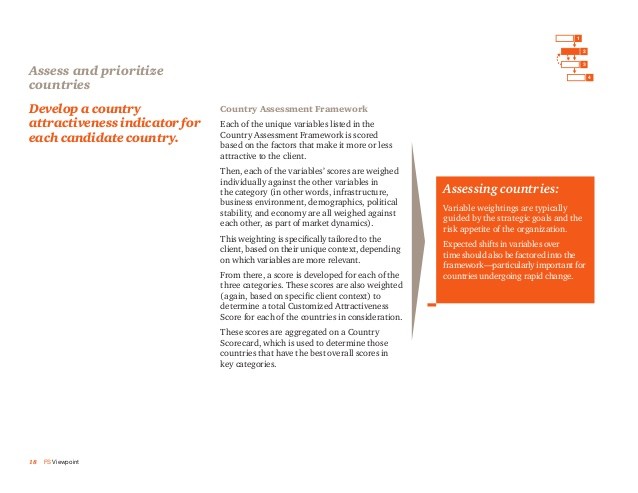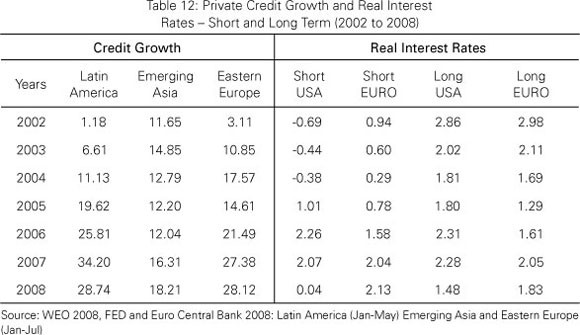Stock market wealth effects in emerging market countries
Post on: 16 Март, 2015 No Comment

Search form
Stock market wealth effects in emerging market countries
Heiko Hesse 16 October 2008
There are a few channels through which asset price changes affect consumption. For instance, consumption depends on peoples’ expectations of wage income and equity price increases can signal higher income growth. Financial assets play a significant role in peoples’ permanent (life-cycle), income so changes in the stock market could have an effect on private consumption expenditure.
Although there is a large body of literature about the effect of asset price changes on private consumption in advanced economies, such studies are scarce for emerging market economies. Estimates of stock market wealth effects for a 10% change in equity prices range from 0.15% — 0.3% in Japan and 0.1% — 0.3% in various European countries to 0.3% — 0.7% in the United States (IMF 2002; Ludwig and Sløk 2004; Slacalek 2006). Funke (2004) presents evidence of a small but statistically significant stock market wealth effect in 16 emerging markets over 1985–2000 ranging from 0.2% to 0.4%.
To shed more light on the relationship between stock market valuation changes and private consumption, co-authors and I estimated a simple two-step panel model covering 1985–2007 for 22 emerging markets in the MSCI equity index (see IMF 2008 for more details). The findings suggest that a 10% increase in the stock market valuation would, on average, lead to an increase of real private per capita consumption of 0.12% in the short run and 0.15 % in the long run. The nominal impact amounts to 0.25% in the short run and 0.26% in the long run. These results are in line with Funke (2004). Restricting the sample period to 1997–2007, when stock market valuations exhibited large increases as a percentage of GDP, reveals a slightly higher real stock market wealth effect. In general and as expected, the impact is smaller than in advanced economies.
It is also of interest whether the wealth effect is different for countries that have witnessed a stock market boom or bust. To account for this, we restricted the sample to observations for which the equity market had increased or decreased by more than 20% and 30%, respectively, in any given year. These findings suggest a slightly more pronounced wealth effect.
The obtained wealth effects are rough estimates and depend on other factors that are hard to measure. First, using stock market returns is only an imperfect proxy for household wealth. Second, the model did not take into account different structures of financial markets and features such as its volatility or depth. Third, the magnitude is also driven by factors such as the leverage of consumers, duration and the degree of stock market participation. For instance, consumer leverage is still relatively low in many emerging economies compared to some developed economies. With respect to duration, recent stock market gains and losses in many emerging markets have occurred very quickly, so there has been little time for consumers to change their behaviour. If stock market increases had materialised over a longer time period, the wealth effect may have been larger.
Overall, these findings suggest that changes in stock market valuations have a relatively small but significant impact on consumption in emerging economies. But consumption patterns are still mainly driven by disposable income, and so far, that has been resilient to the volatility of financial markets in many countries, especially in Asia. In addition, the housing wealth channel plays an important role in some emerging market countries that have especially seen rapid build- ups of property prices, and this channel was ignored in the study.
In addition to private consumption, the wealth effects of stock market valuation changes are also relevant for a number of other key macroeconomic variables, notably government revenues and private investment. Investment and share prices are inherently linked. Since equity prices are forward-looking variables that convey information about the expected value of firms, they affect investment. Higher stock market prices also reduce the cost of capital for companies, benefiting their investments. Results from estimating a simple model for private investment suggest that a 10% change in stock prices would lead to about 1% change in investment, which is a substantially stronger effect than on private consumption. This is in line with the results of Henry (2000), who utilises the same methodology.
What are the possible implications for policy makers? With fluctuations in stock markets affecting private consumption and investment expenditures and therefore demand, policy makers need to pay attention to this relationship, especially in large build-ups of asset price booms and the subsequent bust. Furthermore, as domestic asset price prices are increasingly influenced by regional and global factors, there is a possible transmission mechanism of business cycle movements.

There is no one-size-fits-all approach for dealing with the consumption stock market wealth effect. The approach should be country-specific and depend on domestic factors such as the monetary policy framework, financial regulation, the degree of consumer leverage (especially for retail investors), and the level of stock market participation in the economy. For instance, a monetary policy stance in an emerging economy that explicitly targets inflation might find it harder to lean against asset prices than a central bank that focuses more on the growth of the economy. The good news is that the consumption stock market wealth effect is lower in emerging market countries than in advanced economies – but emerging economies should not ignore its existence.
Note: The views expressed here are those of the author and do not necessarily represent those of the IMF or IMF policy.
Henry, Peter Blair, 2000, Do Stock Market Liberalizations Cause Investment Booms? Journal of Financial Economics. Vol. 58, pp. 301-34.
International Monetary Fund, 2002, “Three essays on how financial market affect real activity ,“ World Economic Outlook, World Economic and Financial Surveys, Washington, April)
International Monetary Fund, 2008, “Spillovers to Emerging Equity Markets ,” (authored by L. Effie Psalida, Heiko Hesse and Tao Sun) in Global Financial Stability Report , World Economic and Financial Surveys (Washington, October).
Slacalek, Jirka, 2006, “International Wealth Effects ,” DIW Discussion Papers No. 596 (Berlin: German Institute for Economic Research).














